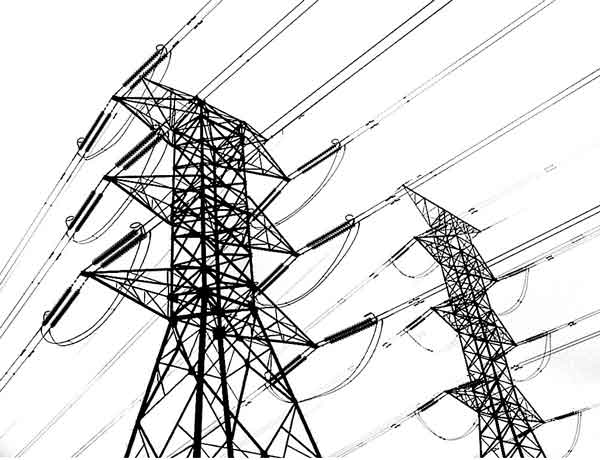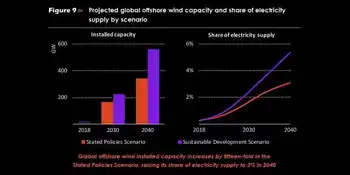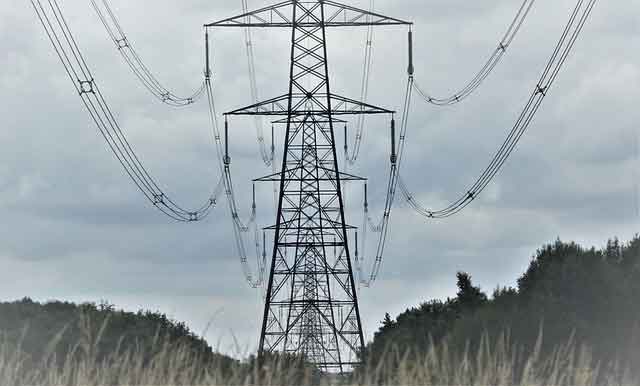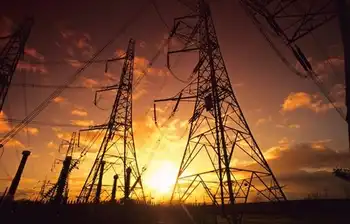Minnesota Signs Deal With Manitoba Hydro
WINNIPEG -- - The Minnesota Public Utilities Commission has unanimously approved a $1.7 billion power export deal with Manitoba Hydro.
It allows Minneapolis-based Xcel Energy to import power from Manitoba Hydro, despite the objections of aboriginal groups.
The 500-megawatt, 10-year deal was given the go-ahead.
It's an extension of an existing deal and will allow power to be exported until 2015.
Approval by Canada's National Energy Board is pending.
The Minnesota decision is a blow to the Pimicikamak Cree Nation of Cross Lake, Manitoba. They had asked the commission to first call a formal hearing into the social and economic impact of historic hydro development on their homeland.
Related News

Tariff Threats Boost Support for Canadian Energy Projects
TORONTO - Canadian Energy Infrastructure Tariffs are reshaping pipelines, deregulation, and energy independence, as U.S. trade tensions accelerate approvals for Alberta oil sands, Trans Mountain expansion, and CAPP proposals amid regulatory reform and market diversification.
Key Points
U.S. tariff threats drive approvals, infrastructure, and diversification to strengthen Canada energy security.
✅ Tariff risk boosts support for pipelines and export routes
✅ Faster project approvals and deregulation gain political backing
✅ Diversifying markets reduces reliance on U.S. buyers
In recent months, the Canadian energy sector has experienced a shift in public and political attitudes toward infrastructure projects, particularly those…




